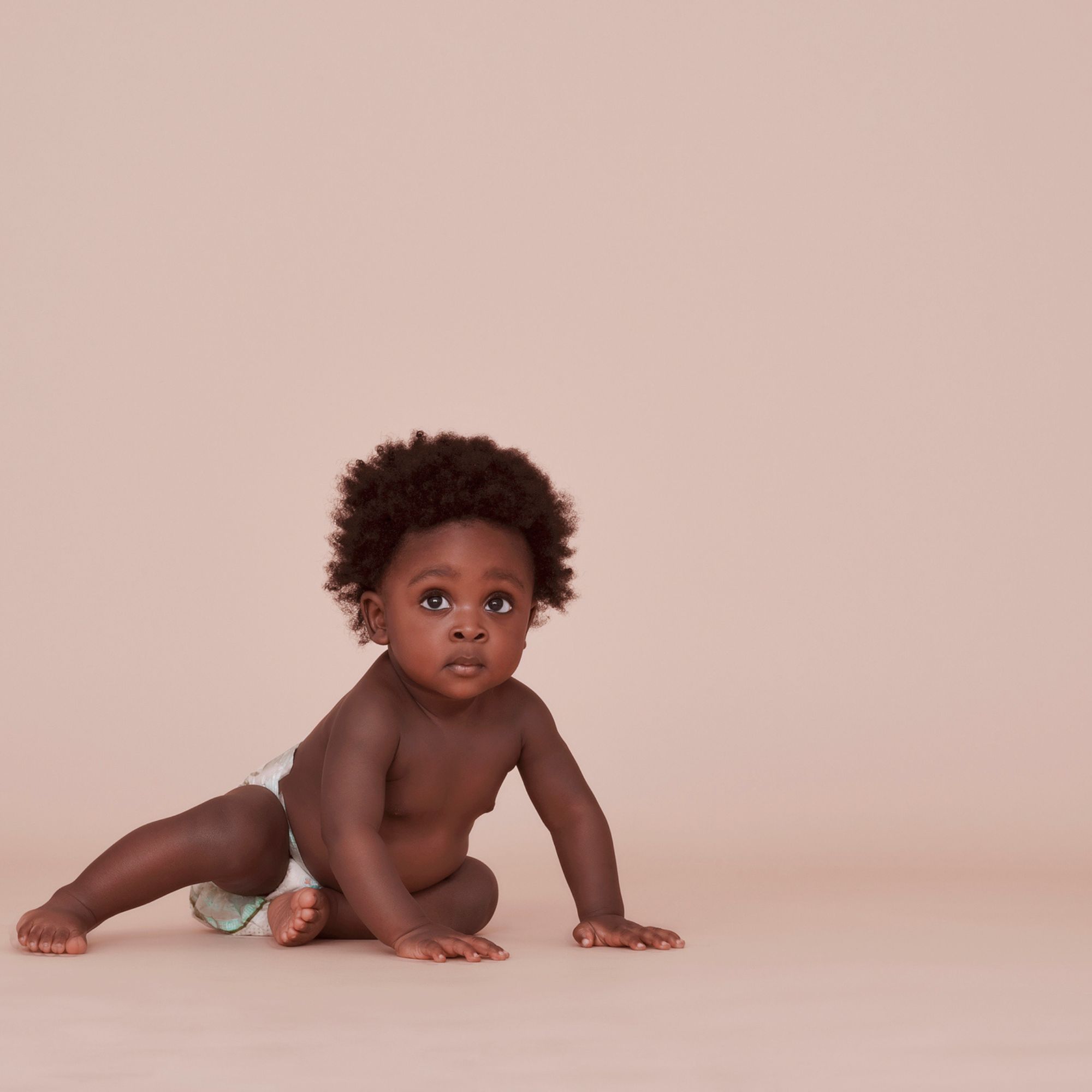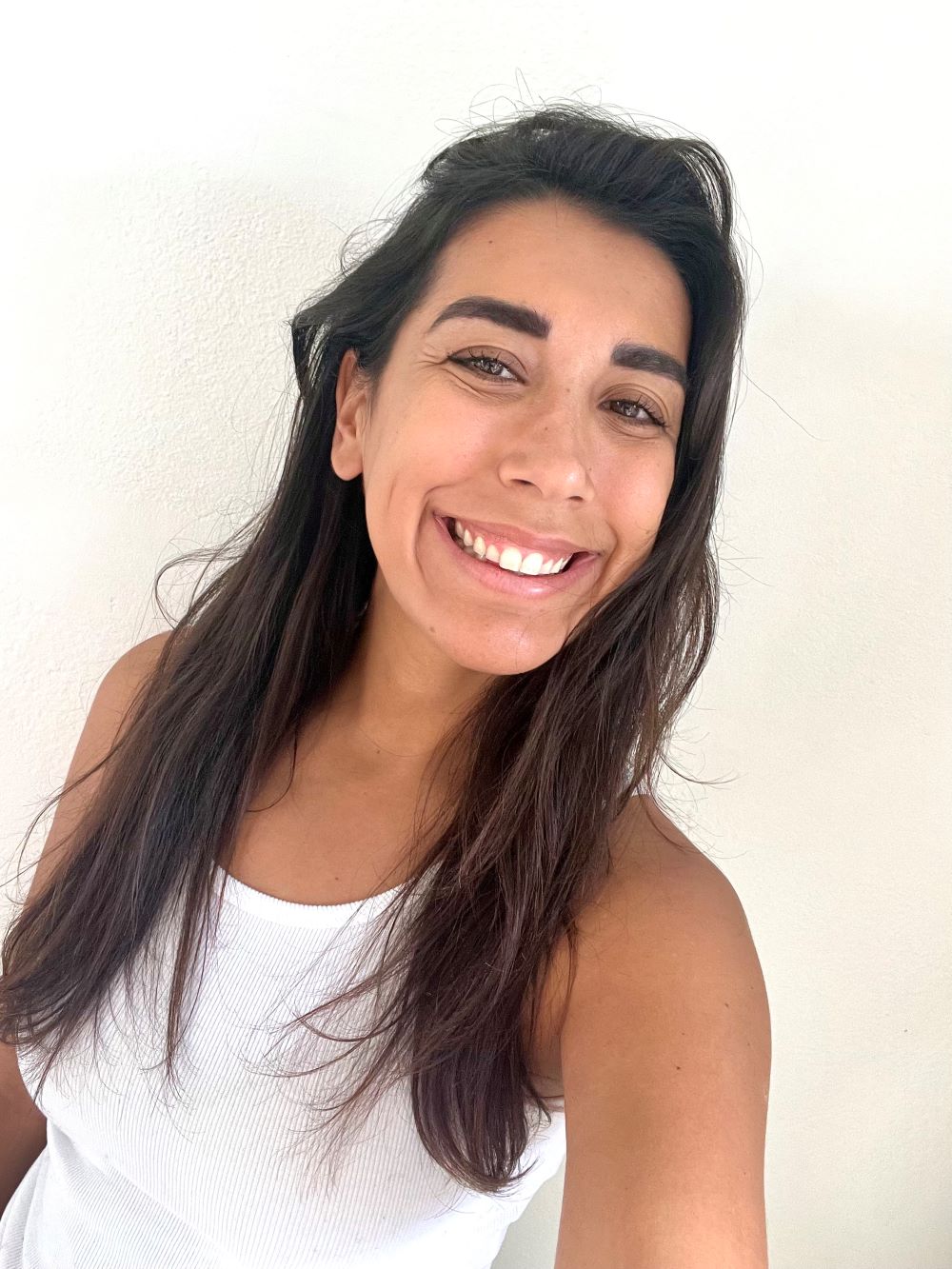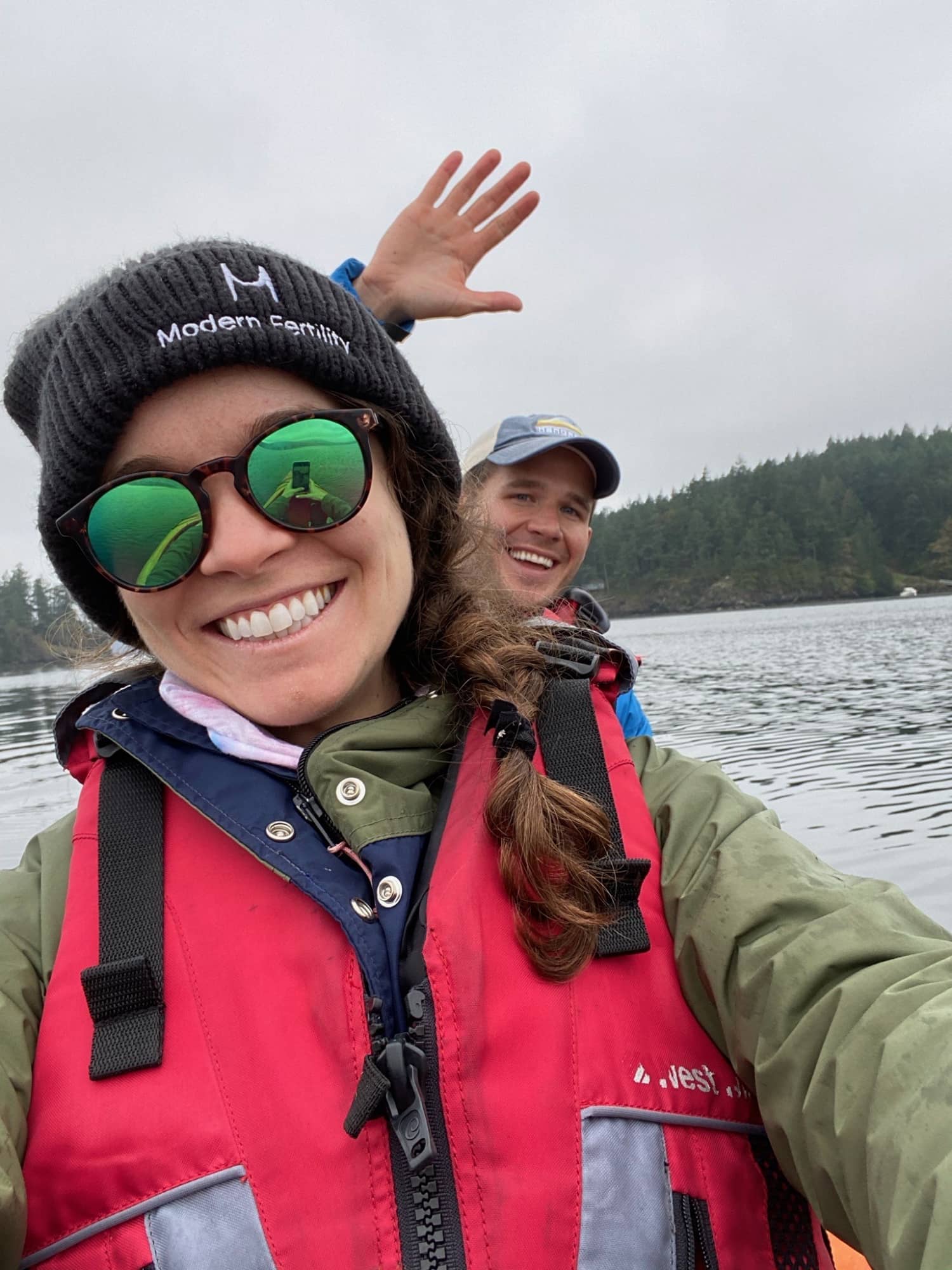
- POPSUGAR Australia
- Fitness
- What This Fertility Expert Wants You to Know About Trying for a Baby
What This Fertility Expert Wants You to Know About Trying for a Baby

Welcome to POPSUGAR Uninhibited: The Fertility Edition, a space where anyone who ovulates can come for information, advice and support. Here, we’ll tackle topics like fertility in your 20s, conception and egg freezing. You can find all of the stories here.
If you’re in your 20s and want kids, chances are you feel complacent about your fertility. For most people, starting a family is something you’ll think about in the future. Not now.
But, according to Sophie Walker, who has a masters degree in public health and is the founder and host of the “Australian Birth Stories” podcast, as well as the author of “The Complete Australian Guide to Pregnancy and Birth“, you should really be starting to think about your fertility well in advance of when you want to start trying for kids — ideally, in your 20s.
“This is more pertinent now than it’s ever been, with the cost of living and escalating rental prices on everyone’s mind,” says Walker.
“We know that fertility starts to drop significantly in your mid-30s, hence conceiving in your 20s is, statistically, easier. This is not common knowledge unless you’ve been told by a well-meaning friend or you’re having regular chats with co-workers or family members going through their own fertility journeys.”
In Australia, the average age of a first-time mother is 29.6 years — up from 28.3 in 2010. And while half of all pregnancies in Australia are unplanned, unsurprisingly, many couples who actively plan to start a family do so when they are in established careers and are financially stable. In other words, when they’re in their 30s — a decade after the optimum age range for conceiving.
“Age is one of the biggest contributing factors to fertility, and trying to catch up on fertility later on may not be possible,” says Walker.
For people of all genders, fertility begins to decline after hitting your mid-30s, which makes it “harder to conceive naturally“, which increases the likelihood that some form of fertility assistance will be necessary.
One in six Australian couples experience infertility, and while this is sometimes a result of social infertility — solo mum by choice or same-sex relationship — many will use fertility treatments like IVF because of medical needs. It’s important to note that while these treatments can increase the chances of pregnancy, they do not guarantee a successful one.
So, if you’re in 20s and wanting kids either soon or in your 30s, what are some things you should be doing to stay on top of your fertility?
Pay Attention to Your Menstrual Cycle
Understanding the length, regularity, and whether you ovulate or not are all important factors when it comes to conception, says Walker. So, with that in mind, establishing and maintaining a healthy cycle in your 20s is a great first step towards conceiving later on.
Maintain a Healthy Lifestyle
Next up? Looking after yourself. Eating a balanced diet, regular exercise and avoiding smoking and excessive alcohol can help improve your overall health and increase your chances of conception, says Walker.
Consider Fertility Preservation
If you’re in your 20s and thinking about having kids sometime in the distant future, or you discover that you may have fertility issues, it’s worth considering fertility preservation, says Walker.
“Freezing your eggs or sperm can increase your chances of having a biological child later in life,” says Walker.
Manage Stress
“It’s a myth that stress doesn’t affect fertility,” says Walker. “Stress can affect fertility by causing hormonal imbalances that can disrupt ovulation. Stress also affects sleep and we know that melatonin — the hormone released at night — is really beneficial for egg quality.”
Walker suggests finding ways to manage stress, such as through meditation or therapy, as it can help increase your chances of conception.
Consult Your Healthcare Provider
If you have a pre-existing medical condition, such as endometriosis or PCOS, or have any concerns or questions related to your fertility, it’s important to talk to your healthcare provider about it early on, says Walker.
“They can guide and advise you on how to take better care of your fertility,” she says.
Access a Fertility Estimator
Finally, Walker advises you to access a fertility estimator and check for your success rate.
“The Australian Government has an IVF Success Estimator which considers factors like your age and sets it against IVF clinic statistics to determine your success rate,” she says. You can access it at Your IVF Success here.



